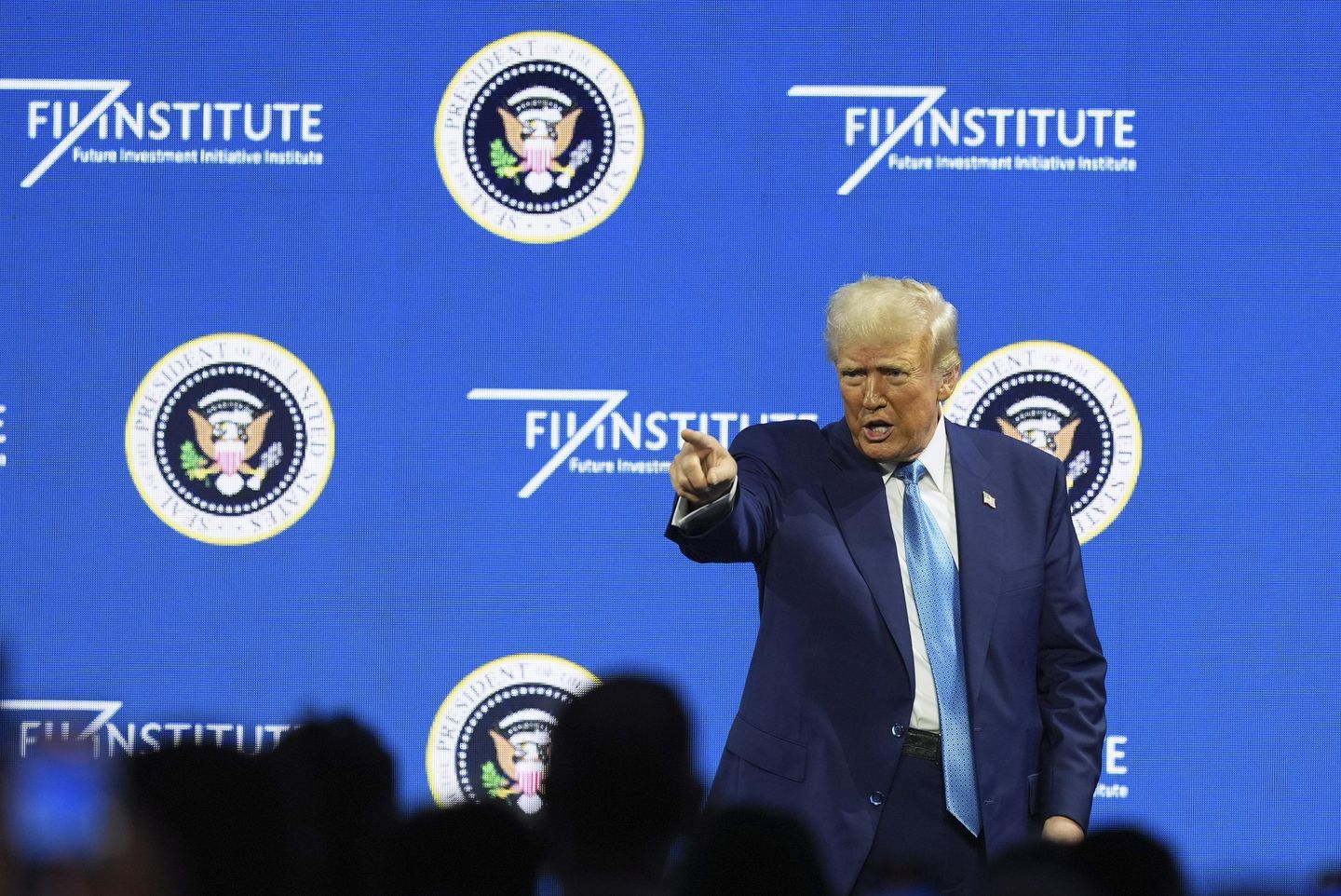
President Trump has shifted the U.S. economy toward private sector-driven growth, securing over $8 trillion in investments from companies looking to expand their U.S. operations. These investments are expected to create at least 451,000 new jobs across multiple industries.
At a recent White House event featuring executives from major companies like Johnson & Johnson, Eli Lilly, and GE Aerospace, Mr. Trump credited his “pro-jobs, pro-American economic policies” for attracting these investments. The $8 trillion figure represents more than eight times the $1 trillion in investment seen under former President Biden, who relied heavily on government subsidies and federal workforce expansion to create jobs.
The contrasting approaches highlight the different economic philosophies of the two presidents. Mr. Trump’s strategy combines increased domestic energy production, tax cuts, deregulation, and tariffs to attract private investment. Treasury Secretary Scott Bessent described these policies as “interlocking parts of an engine” rather than standalone measures.
Since taking office in January, Mr. Trump has aggressively cut regulations, particularly in the energy and cryptocurrency sectors. His administration reversed Biden-era restrictions on liquefied natural gas exports and promised to fast-track approvals for fossil fuel projects on public lands. The administration is also pushing for expanded business tax cuts, including 100% expensing for equipment and factory structures.
The president’s tariff policies, while creating market volatility, have prompted foreign companies like Hyundai Steel and Nippon Steel to invest in U.S. operations. Notable investments include IBM’s $150 billion commitment, a $500 billion joint partnership between OpenAI, Oracle, and SoftBank, and Taiwan Semiconductor’s $100 billion investment plan.
Critics from libertarian think tanks argue that government-subsidized jobs, like those created under Mr. Biden, are unsustainable because they don’t reflect genuine business growth. They suggest such subsidies can make companies dependent on government support rather than focusing on improving products and reducing costs.
Mr. Biden defended his approach by arguing that government spending was necessary to address underserved communities and attract private investment in areas like clean energy, semiconductors, and infrastructure. His administration also expanded the federal workforce significantly, adding 200,000 employees in 2023 alone.
While the Trump administration celebrates these early investment commitments, economists note it’s too early to determine the long-term success of this economic approach.
Read more: Trump leans on business deals, shuns Biden’s government-powered economy
This article is written with the assistance of generative artificial intelligence based solely on Washington Times original reporting and wire services. For more information, please read our AI policy or contact Ann Wog, Managing Editor for Digital, at awog@washingtontimes.com
The Washington Times AI Ethics Newsroom Committee can be reached at aispotlight@washingtontimes.com.

















